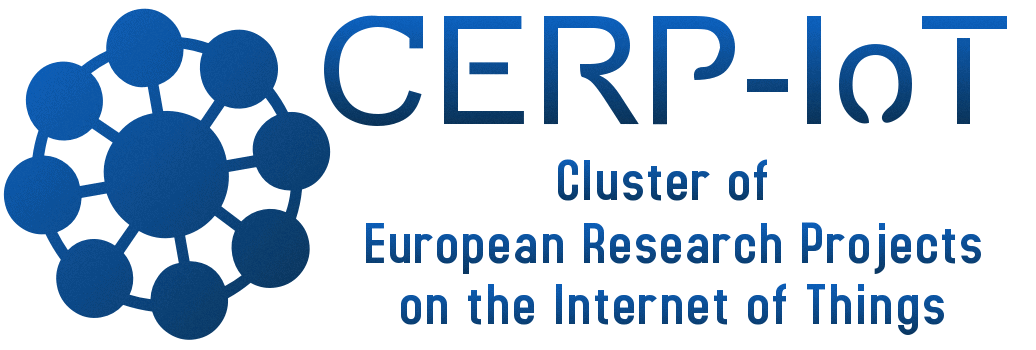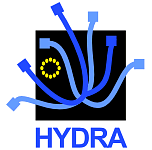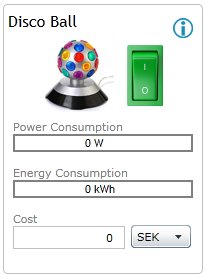Downloads: Semantic Web ontologies for Ambient Intelligence-Runtime Monitoring of Semantic Component Constraint
Downloads Home > Scientific papers > Semantic Web ontologies for Ambient Intelligence-Runtime Monitoring of Semantic Component Constraint
Semantic Web ontologies for Ambient Intelligence-Runtime Monitoring of Semantic Component Constraint 1.0 | ||||
| Klaus Marius Hansen and Weishan Zhang and Joao Fernandes and Mads Ingstrup, Department of Computer Science, University of Aarhus, Denmark: Semantic web-based context modeling is widely used in pervasive computing systems to achieve context awareness which is essential for Ambient Intelligence (AmI). In the Hydra middleware for pervasive services, context awareness is extended for self-management purposes, which is an integral part of Hydra. To achieve this, a set of self-management ontologies called SeMaPS (Self-Management for Pervasive Services) are developed, where the dynamism of device state changes and service invocation are taken into account. To show the e ectiveness of these ontologies, in this paper, we focus on our Component ontology that extends OSGi\'s Declarative Service speci cation to add capabilities for expressing architectural (especially global) and functional constraints (e.g. contextual constraints), and show how to use it to verify component con gurations by using a pervasive service compiler at runtime. This paper was presented at the Internet of Things and Services workshop held in Sophia Antipolis, France 18-19 September 2008. |
| |||
Download: 
(363 KB) |
||||
 |
Downloads: 100 Downloaded: 243956 Most Downloaded: A Survey of Context-aware Middleware [ 8823 ] Most Recent: Hydra - LinkSmart brochure [ 3474 ] |





 The Hydra project is co-funded by the
The Hydra project is co-funded by the 





